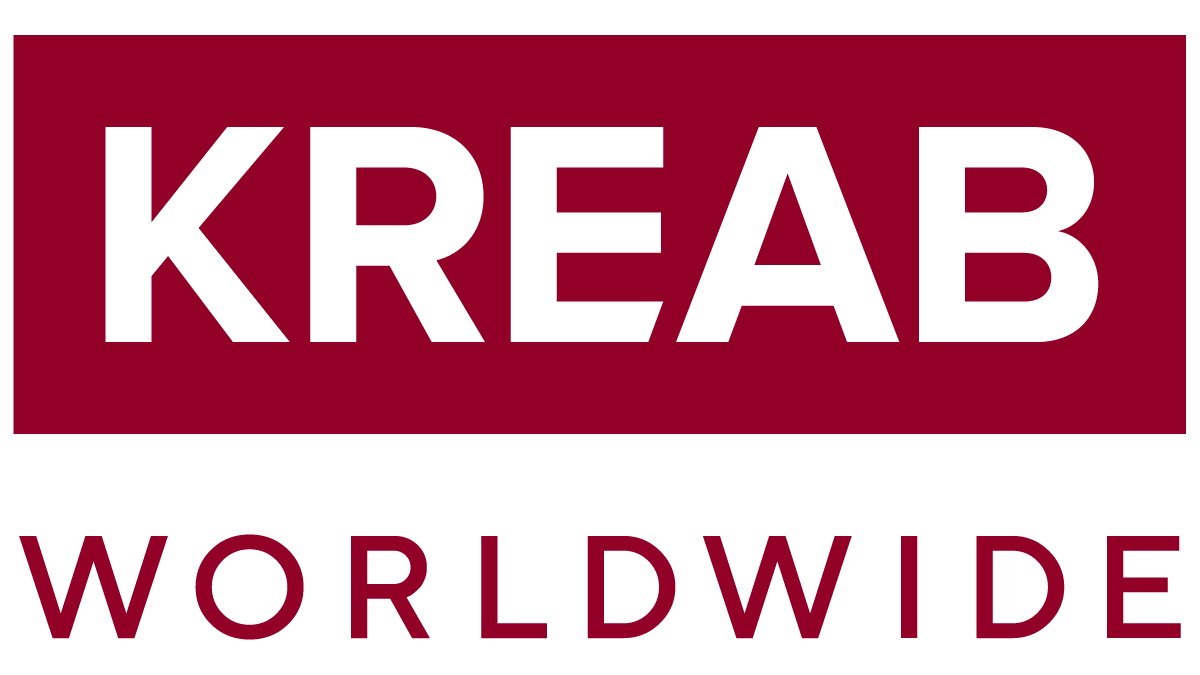
Tomado de El Espectador
25/08/2021
The four challenges of President Iván Duque
On August 7, President Iván Duque began his last year in office in a context marked by the pandemic and the consequent economic crisis. For these 12 months, the President has several challenges, among which the economic recovery and the management of the health emergency due to Covid-19 stand out. Here are the four main challenges for the final stretch of the current administration:
The Tax Reform
Undoubtedly, the approval of the Tax Reform, which has already begun to be discussed in the Congress of the Republic, will be the main challenge for the National Government since the recovery of the battered public finances and the economic reactivation depends largely on this initiative. , after the harsh restrictive measures taken to face the pandemic.
For this last year of the Duque administration, it is important that the flow of resources can be guaranteed so that the social programs implemented by the pandemic continue to forge economic recovery. Similarly, the approval of the Tax Reform, which would collect 15.2 billion pesos, would send a clear message to international markets about good health and responsibility in managing the Colombian economy, avoiding the risk of further losses in the degree of investment.
According to the government’s schedule, the Tax Reform should be approved in Congress in mid or late September to be sanctioned by the President in October, before the Guarantees Law comes into force, which could affect hiring issues.
National Vaccination Plan
The country’s economic recovery will not be possible if the Covid-19 health emergency is not managed. In this sense, it is important to note that the National Government set the goal of vaccinating 35 million Colombians during 2021 to achieve the so-called “herd immunity” and thanks to this overcome the pandemic.
Even with some difficulties in the supply of vaccines, until August 23, the Ministry of Health reported more than 33 million doses applied, which represents more than 14 million complete schedules. This means that in the next four months another 20 million complete schemes must be completed to achieve the stated goal. Officials such as the Minister of Health, Fernando Ruiz, have been optimistic about the vaccination goal.
Job recovery and poverty reduction
According to DANE, the country still has a long way to go to recover nearly 2 million jobs that were lost due to the pandemic. To achieve this objective, the continuity of the Formal Employment Support Program (PAEF), which helps with the payroll of companies, is essential. The Tax Reform contemplates important resources to extend this program until at least December 2021 and to promote the creation of new jobs for young people through tax incentives.
According to DANE, in June 2021 unemployment stood at 14.4%, which meant a slight recovery compared to the 2020 figures when – at the worst moment of the pandemic – it exceeded 15%. The gradual opening of the productive sectors is generating a recovery in this area, although it is certain that additional policies are required to generate employment.
In addition to the above, and to combat poverty, the Government must encourage economic growth through investment in infrastructure, improving competitiveness in commercial terms, reductions in rigidities in the labor market, and investment in Research and Development.
Respond to social demands
Since November 2019, various social sectors, especially young people, began mobilizations in demand for better job, educational and health opportunities. On April 28, 2021 (after overcoming confinement due to the pandemic) a National Strike began in which unions, students and young people took up their social claims.
The National Strike, which in several cities of the country was degraded to vandalism and blockades, remains latent as long as the main social demands are not resolved. That is why one of the main challenges of the last year of the Iván Duque government will be to respond to the needs of the less favored sectors through public policies that guarantee equal opportunities.
In addition to social programs such as Solidarity Income, the Government must advance on issues such as Zero Enrollment for strata 1, 2 and 3 raised in the Tax Reform and pay attention to the bills that were filed in Congress by the National Committee of Unemployment.
